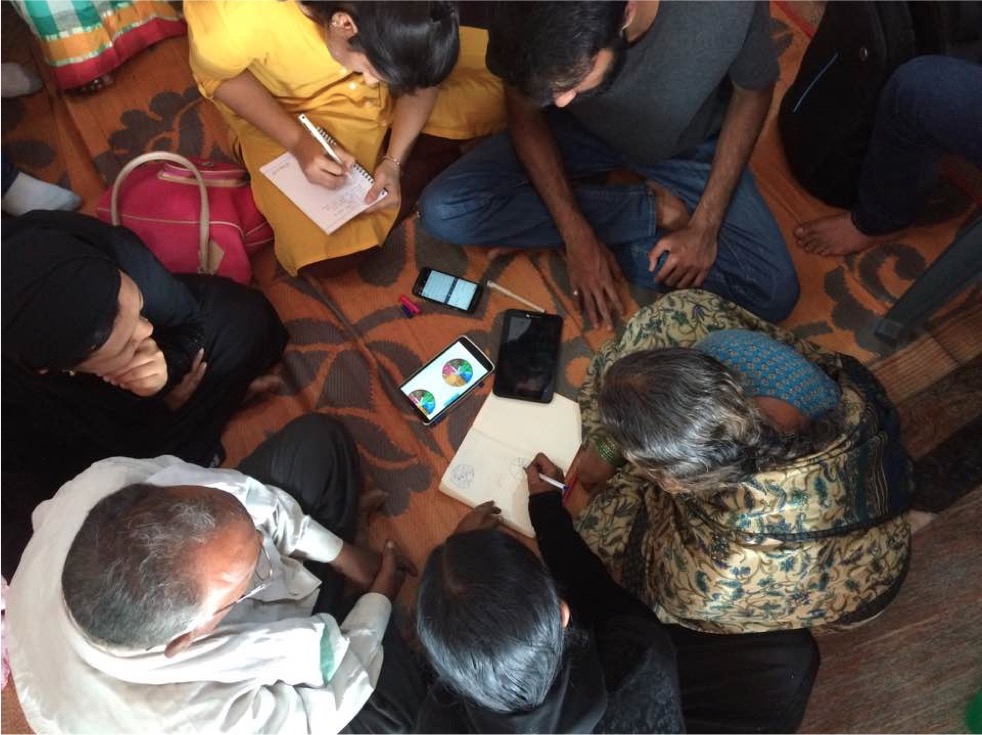Research Assistant in India - Open Call
Participatory Design, Ethnography, Design Research, Public Health, Maternal Wellbeing, Rural Communities
The Srishti Institute of Art, Design, & Technology, Bangalore is looking for an exceptional and enthusiastic individual to work on a 9-month project exploring the role of digital technology to enhance maternal health and wellbeing in rural India. The project is run by an international and interdisciplinary research network from the UK and India.
The research assistant will work under the supervision of Dr. Naveen Bagalkot (Srishti Institute, India) and Dr. Nervo Verdezoto (University of Leicester, UK).
The RA should start on the 1st April, or shortly thereafter.
Apply
Submit the following documents by email to
naveen@srishti.ac.in no later than
25 March, 2018 (noon, IST).
- Cover letter detailing your motivation, expectations, and contributions to the project (as the body text in the email).
- Detailed CV in PDF format
- Link to a Portfolio or in PDF version, if applicable.
- Written samples of work or publication list if applicable.







